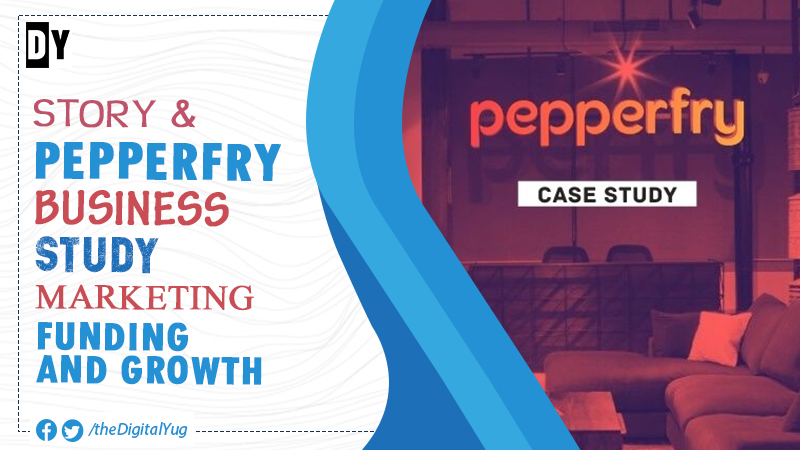
Back in the 90s, while renovating houses, people didn't pay attention to the aesthetics or the colour combinations since it was challenging to find pieces that would blend well together. It would be a hassle to visit every local furniture store to get an excellent deal. It was time-consuming and tiring, but today we can find the perfect piece of furniture for our modern, contemporary, or industrial houses with just one click. From installation to assembly, all is taken care of by Pepperfry.
Pepperfry is an Indian company that is engaged in the distribution of home decor and furniture. It is an Omnichannel online retail marketplace that acts as an intermediary between various furniture manufacturing businesses and consumers. The company's headquarters is found to be located in the city of Mumbai.
Pepperfry was founded by former eBay executives Mr Ambareesh Murty and Ashish in July 2011. The aim behind starting the company was to shorten the hassle during the delivery of furniture.
They both hired engineers and launched their website in January 2012, and since then, they have become one of the largest furniture retail platforms.
Initially, the company started by providing products across various categories, but after completing a year, they found their niche and focused on selling furniture and home decor.
Pepperfry follows the Managed Marketplace Business Model wherein any small or medium merchant is allowed to list their products on the website/app. When a customer buys a product, Pepperfry starts the process of checking the product. Once all the formalities are completed, they ship the product from the warehouse after inspecting its quality.
Initially, the company received $5 million in 2011 and $8 million in 2013 from Norwest Venture Partner India (NVP). Later in 2015, NVP, along with Bertelsmann India Investments, raised $15 million.
In the same year, early backers and Goldman Sachs and Zodius Technology Fund made an investment of $100 million in Series D. In 2016, Goldman Sachs further invested $31 million in Pepperfry.
Before the pandemic hit the world in February 2020, Pidilite Industries Limited, one of the largest companies in India, invested $40 million in the company. After exactly one year, the company raised an additional $4.7 million from InnoVen Capital, making its total funding valued at $245.3 million.
Presently, the company has 70 operating stores, including franchises across the country. The company aims to increase its overall market presence by inaugurating more than 20 franchisee-owned and franchise-operated stores. Pepperfry also has plans to soon crosses the 100 stores mark and to achieve the same. The company is eyeing 2 tier and 3 tier cities.
Today, Pepperfry owns a 50% market share and is viewed as the largest online furniture retailer.
On average, the company has grown at a compounded annual growth rate of 85% from 2015-2017.
In FY17, the company's revenue was recorded to be Rs. 140.60 crores followed by an increase of 47% in the next financial year. But even after appreciation of revenue, the company was posting losses as high as Rs. 138 crores, and to cut the losses, the company decided to spend less on advertisement for FY20.
Lockdown impacted Pepperfry's growth and expansion plans, and they had no option but to cut down their expenditure. But Statista believes the Indian Furniture market will grow with a CAGR of 8.7% by 2025, giving Pepperfry ample opportunity to expand itself.
Rounding UpPepperfry entered the Indian market at a very crucial time. Nowadays, people spend hours finding the perfect piece of furniture that is suitable for their home. Millennials who are now potential real-estate investors are looking for easy solutions to make their house home. And now, since they can purchase furniture from the comfort of their home, it makes their life easier.
But with the entry of IKEA, a multinational furniture company in the Indian market, Pepperfry sure is in tough competition. But if everything goes well for the company, then retail investors might soon be able to invest in Pepperfry. Only time will tell whether they can survive or have to dismantle their business.
Latest Updates from around the world
Most read stories, topics, and videos
Latest Updates from around the world